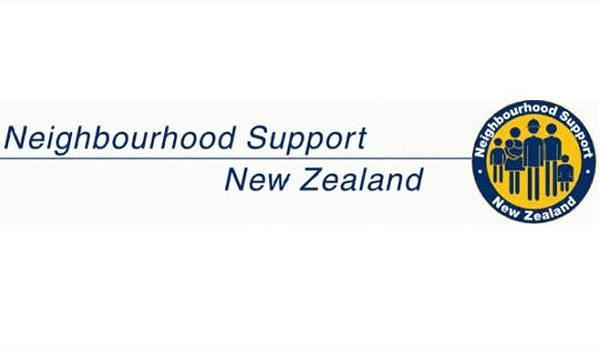 Raglan Neighbourhood Support has issued this reminder about what to do about Cyberbullying and other modern forms of digital harassment:
Raglan Neighbourhood Support has issued this reminder about what to do about Cyberbullying and other modern forms of digital harassment:
Cyberbullying and other modern forms of harassment and intimidation can have a devastating impact on people, especially children and teenagers.
The Harmful Digital Communications Act brings in a range of measures to address damaging electronic communications spread through methods such as emails, texts and social media posts.
Under existing laws, it can be difficult for victims to deal with harmful digital communications – for example, trying to remove abusive, intimidating and distressing material from the internet may be difficult, drawn out and costly. Also, there are few sanctions available to aid such efforts and to hold offenders to account.
Key features of the Act include:
- Making it an offence to send messages and post material online that deliberately cause serious emotional distress (punishable by up to two years imprisonment or a maximum fine of $50,000 for individuals, and a fine of up to $200,000 for companies)
- Establishing an agency to resolve complaints about harmful digital communications, providing a quick and efficient way for victims to seek help from an independent body
- Giving the District Court the power to issue orders such as take-down notices and impose penalties on people who don’t comply with court orders (punishable by up to six months in prison or a $5,000 fine for individuals, and fines of up to $20,000 for companies)
- Providing online content hosts with an optional process for handling complaints that, if followed, will allow people to easily and quickly request the removal of harmful and illegal content posted by others, while limiting the host’s liability for that content (called a ‘safe harbour’ provision)
- Creating a new offence of incitement to commit suicide, which would apply in situations where the person does not attempt to take their own life
- Amending existing laws to clarify that they apply to communications, regardless of whether tormentors use online or offline means, and future-proofing the laws against technological advances.
The Act contains a number of safeguards to balance reduction of harm with people’s free speech rights.
The different measures come into force at different times. For example, the new criminal offences and the safe harbour provision took effect on July 3 2015, while the approved agency and the new District Court orders will begin within 2 years.
